
E-Learning math programs for homeschooling can be insurmountable if the wrong curriculum is chosen. Children will challenge adaptation and concentrating on lessons, while parents will have difficulty with helping them. Moreover, even the most highly qualified teachers may also have issues with delivering the material when an app or website has a gap somewhere – in design, functionality, payment methods, and most importantly, in the curriculum framework itself.
The choice of an e-Learning curriculum for children should be made according to consideration of several criteria:
- Purpose. Determine why you’re joining a particular course with your toddler. Is it the main school program, or complementary education, preparation for exams, Olympiads, etc.?
- Mission. What concepts do you want to teach your child, out of the requirements of the educational system? For example, logical and critical thinking, 3D mastery, or just to hone skills in solving standard equations and problems.
- Child’s mindset. Perhaps, your child doesn’t like cramming, and doesn’t want to learn math in standard ways, but offers his or her own unique perspective on well-known theorems and hypotheses.
- Matching the curriculum to the previous criteria. The curriculum and teaching style can be excellent, but if it’s not suitable for your child, it is worth looking for more “comfortable” solutions, even if the ratings suggest something different.
To keep you from wasting time and money, and to keep your little one motivated to learn math, here are proven resources for homeschooling.
1. FunBrain
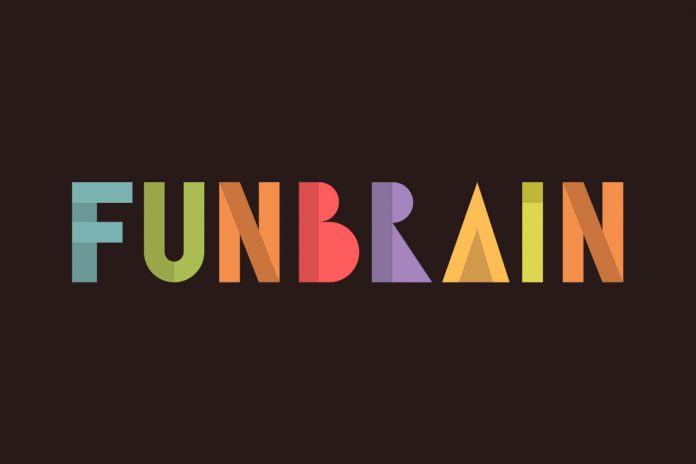
FunBrain doesn’t require registration or any fee. The platform offers online:
- Cartoon games
- Playground games
- Reading materials (novels)
- Videos
Every student from primary to 8th class can have access to content with only an Internet connection. Some of these games are in the “non-mathematical” category such as sports, animals, or geography (landscape, plants, etc.).
FunBrain provides an environment that allows children to learn interactively. The project allows not only to gain new skills but also strengthens existing ones.
From simple arithmetic to complex problem-solving and logical analysis, FunBrain’s games and activities are great for training.
MultiplicationGames.com is an educational and child-friendly website specially created to teach children to memorize every multiplication table. The site is filled with multiplication games from which students can choose. Play the games against each other or the computer. Its games are freely accessible, and there are no costs.
2. Prodigy
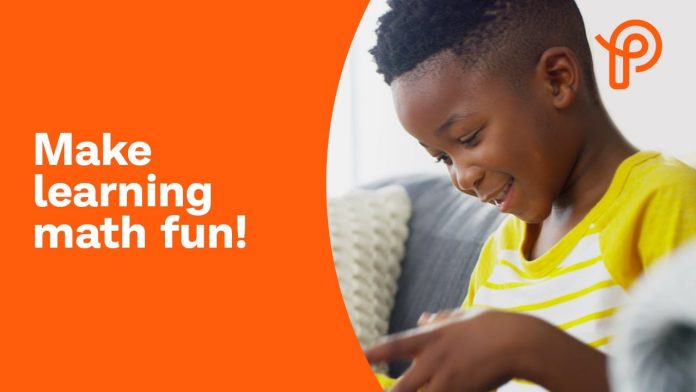
Prodigy is a free math game focused on the standard curriculum.
It reaches all major 1-8 grades math sections and a variety of skills, as well as 1 to 3 Depth of Knowledge (DoK) levels.
Students, aka players, struggle with cartoon characters in math competitions, by the way of some kind of role-playing game (RPG). The winner is a student, who answers the most number of the quiz questions.
For teachers, there is an option of questions and content optimization slightly for specific groups of students, if needed. Adaptive learning and differentiated teaching are other features to align with each student’s problem areas.
3. E Singapore Math
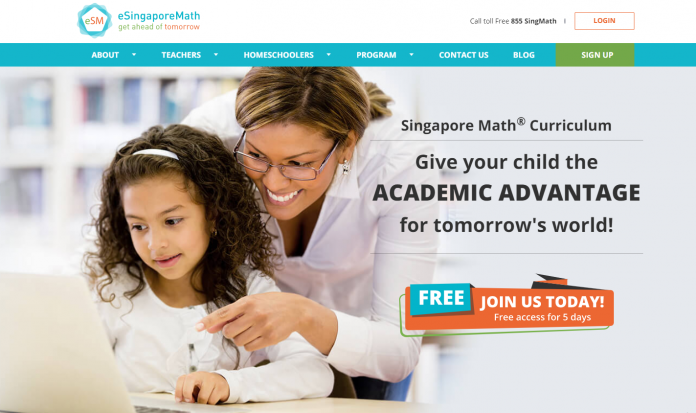
esingaporemath.com curriculum is focused on in-depth learning and no longer on cramming.
e-Singapore Math uses the Concrete> Visual> Abstract approach. Students are provided with the proper learning experience, starting with a concrete and visual stage, followed by an abstract stage, which allows them to learn math, 3D, and philosophic concepts more consciously and apply the gained knowledge in real life. This approach stimulates active thought processes, the transmission of math ideas, and problem-solving. The program focuses on mental math and a simulation-based approach.
4. Splash Math
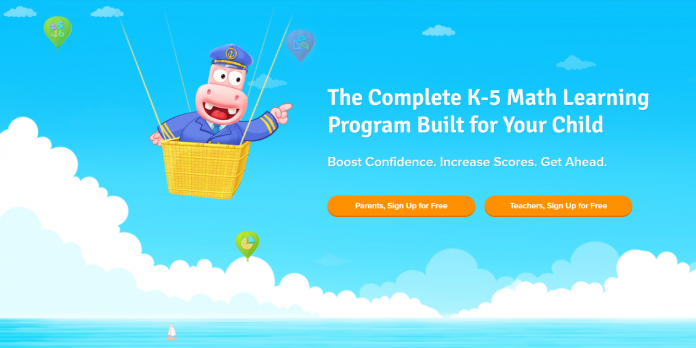
Splash Math Kids curriculum contains practical guides for 1-5 grades. It offers:
- Personalized learning – Math Appeal of the Splash Math offers 4 types of solution methods
- Fun rewards – high-level gamification makes all stages of learning funny and attractive, including “rewards” from cartoon characters.
- Actionable reports – Parent Connect App provides consistent graphical reports of progress and skill completion.
5. Khan Academy Kids
Khan Academy Kids (KAK) is a part of the largest educational ecosystem that allows children to pass through the math tasks by playing games, watching guideline videos, and thus developing advanced math skills in an interactive and funny manner. Here you can find dozens of personalized resources, which cover topics from basic formulas to advanced math. The platform also offers stats tools for progress tracking both for students and parents, as well as for teachers. Designed for 2-8 years old children.
6. Elephant learning
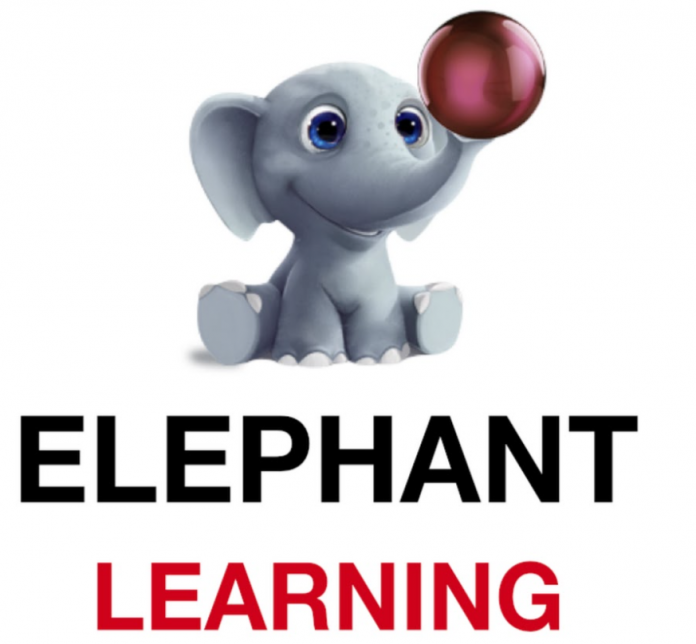
Elephant learning uses the latest researches insights related to mathematics curricula and approaches to help children to improve empirical learning. Their catalog offers 21 interactive math games, each based on a specific topic and concept. A real-time reports schedule lets you know what your child studies and where he/she is in the progress path right now.
The platform ensures that kids can learn a year’s math course in three months if they study 30 minutes a week. Elephant learning is 100 % aligned with all types of school curricula, as it focuses on concepts rather than processes.
7. DoodleMaths
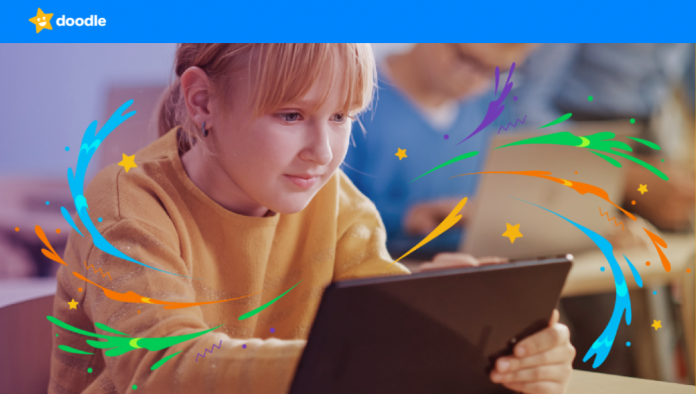
DoodleMaths’ adaptive learning technology develops and personalizes math materials based on students’ strengths and weaknesses. It matches all the standard educational system criteria and is designed for children in the age of preschool to 6th grade.
DoodleMaths’ strong student support is a competitive advantage of the project and makes it ideal for self-education. It is the perfect homework assistant to catch up on time or advance in math, which invites you to expand your child’s horizons in a playful way.
Conclusion

Global changes in educational approaches, both in scale and in detail, have shown the importance of applying an individual approach to the choice of a curriculum for children. The expansion of digital opportunities has allowed the creation of different projects that have received a wide response from young users and their parents. Now there is no need to drive all children into the same frame, and you can let them go through the educational process as comfortable and fun as possible. In addition, many of the materials are free, so nearly every child can access them.
In addition, use this checklist of features when choosing the best e-Learning curriculum special for your kid.
- Depth of Knowledge (DoK) level
- Curriculum alignment
- Adaptivity and differentiation
- Student engagement
- Teacher control
- Data actionability
- Ease-of-use
- Training and support
- Cost
It will help you to consider every aspect: from expenses to the prospects that will open up to your child in the future if they successfully master the program.
Remember that the time when each child (and his/her parents/caregivers) can choose the most optimal, convenient, and interesting program and method of learning for themselves, without fear of missing the traditional school curriculum and without the risk of lowering the level of academic performance, as well as without problems when entering a university, has come. Now, the choice is yours.
Read Also:
9 Most Effective Techniques Of Motivating Your Child in Math











